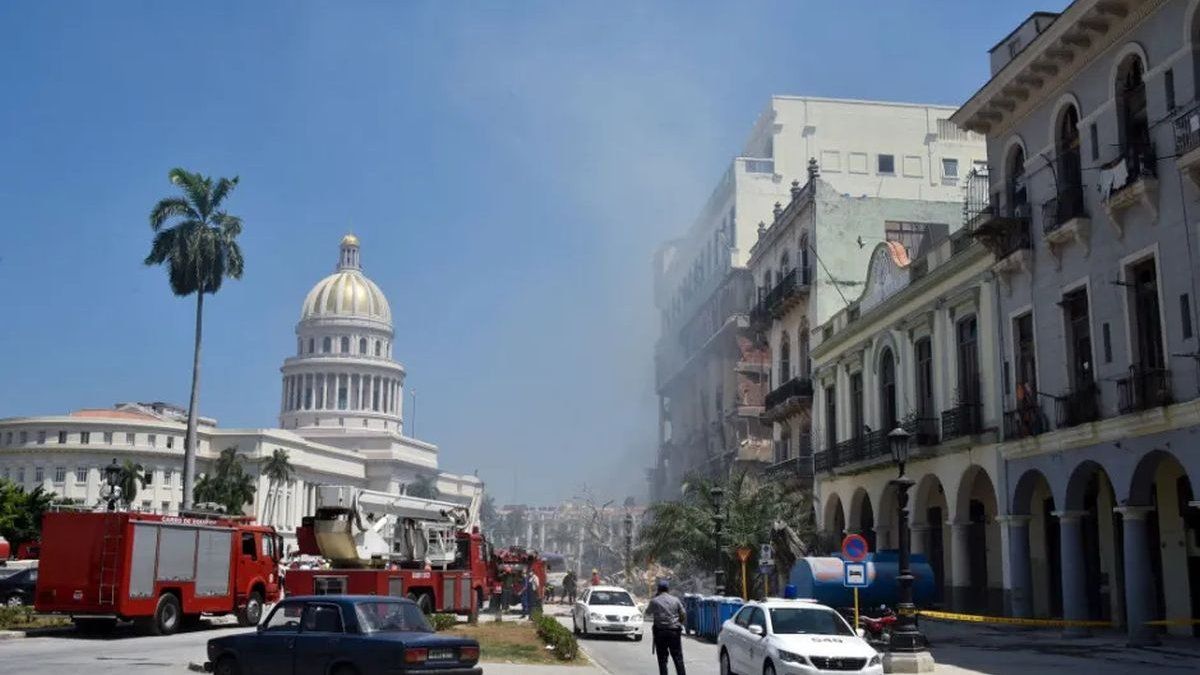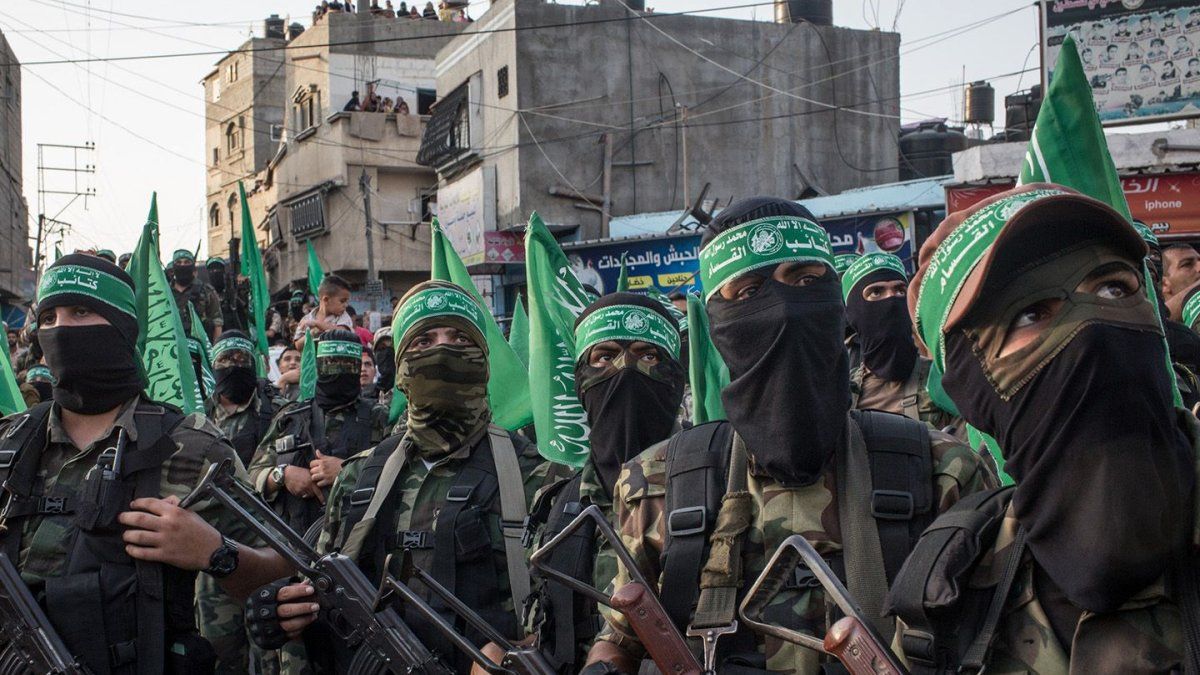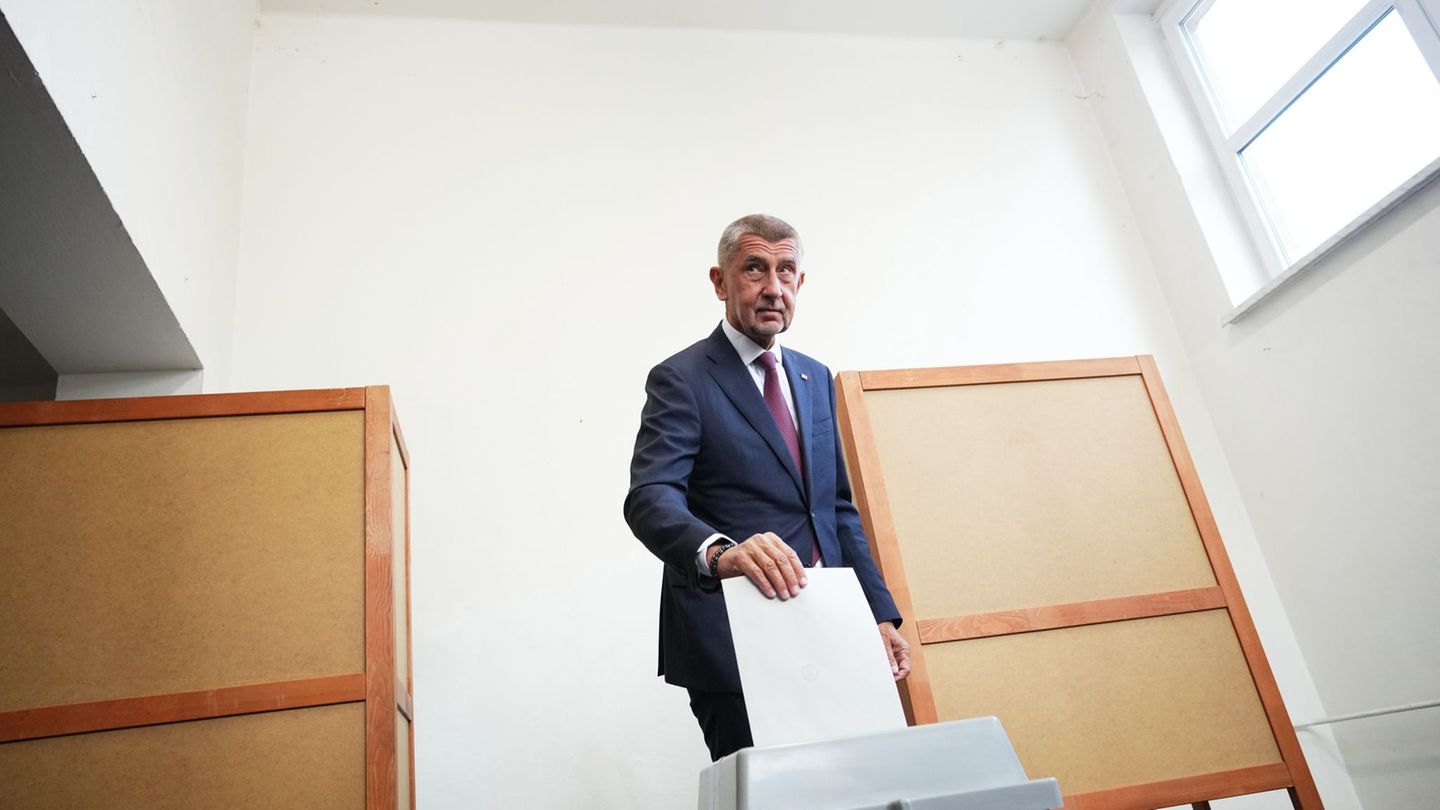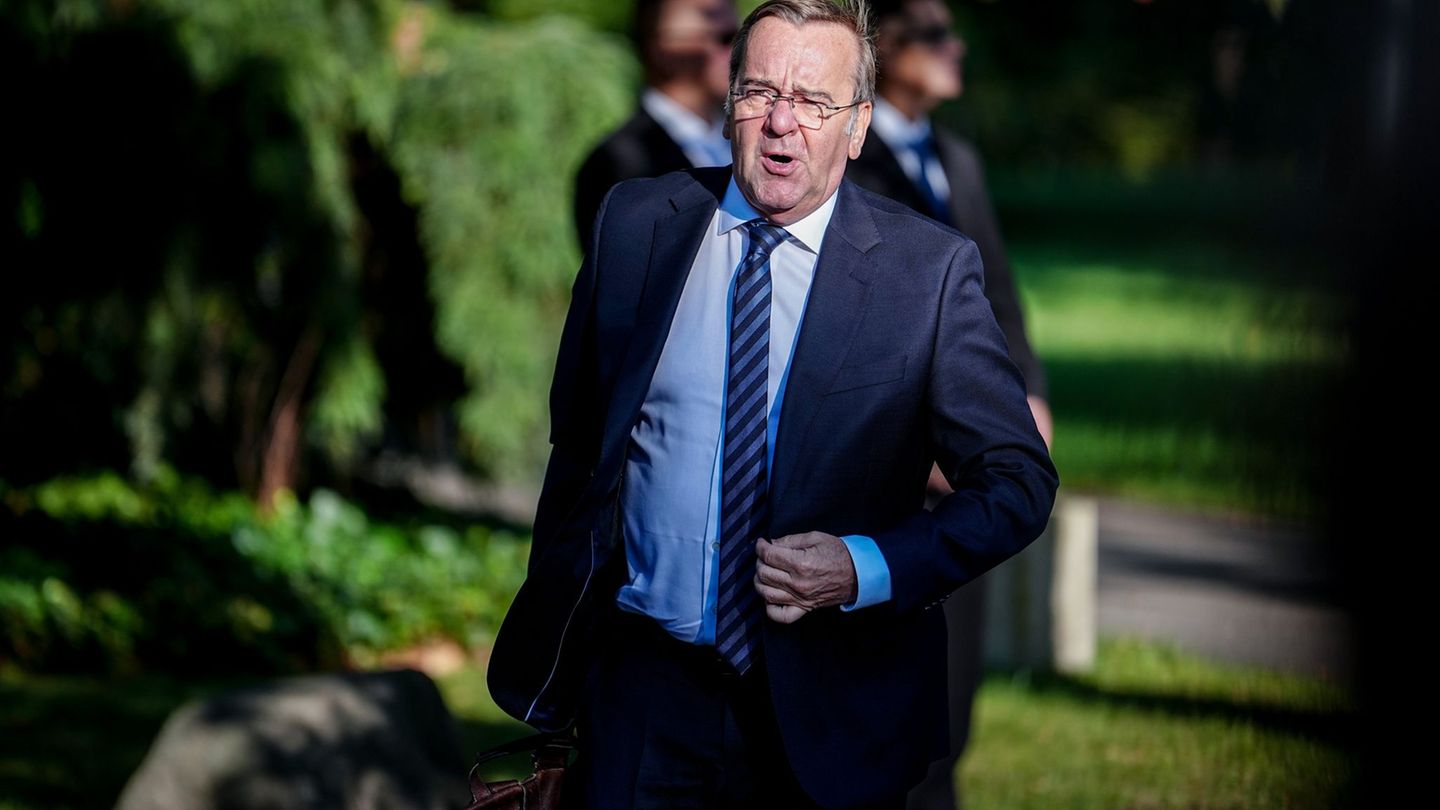The measures will represent an easing of the approach laid out by Trump (2017-21) and are somewhat close to the thaw policy that Barack Obama had put in place, although they will not bring the situation to the point of the historic rapprochement that has occurred since 2014, informants said.
A statement by the US State Department announced that the Embassy of USA in Havana, it will begin to process more cases of Cubans and will seek to deliver 20,000 visas before the end of the year, in addition to retaking the 100,000 pending files that have accumulated since 2017.
The visa issue is related to the plan to restore the Conditional Family Reunification Program for Cubanswhich had provided a legal way for Cuban families to reunite in the United States.
While keeping its diplomatic staff reduced, the United States had asked the Cubans to process their visas, personally, on its behalf in Colombia and Guyana, a suggestion impossible for any islander to fulfill.
In addition, Washington approved promoting expanded group professional and educational travel, and resuming travel licenses that were also suspended during the Trump administration and that allowed Americans to go to the island.
Among the announced measures is the lifting of the ceiling for family remittances, currently US$1,000 per quarter, as well as the authorization of donations to people who are not relatives.
This step – probably the one with the greatest impact within the set of announcements – enables the transfers to be made through any bank, except Fincimex, the financier of the Cuban military sanctioned by USA.
According to the document, commercial flights to airports in the interior of the country will be authorized again, instead of only to Havana.
Washington will also allow financial assistance to entrepreneurs by US banks, as well as payments to the private sector within Cuba and the use of virtual banking for these transfers.
However, a list of companies linked to the government and the Cuban Armed Forces with which Americans are prohibited from doing business will remain in effect.
“We are going to ensure that remittances flow more freely to the Cuban people, without enriching those who commit human rights abuses,” an unidentified official anticipated shortly before the formal announcement, according to the Euronews news portal.
Instead, individual “person-to-person” travel will not be reinstated, officials said.
According to a statement from the State Department, among its purposes is to promote “business opportunities outside the state sector by authorizing access to extended cloud technology, application programming interfaces and electronic commerce platforms.”
“We will explore options to expand support for additional payment options for Internet-based activities, electronic payments and businesses with independent Cuban entrepreneurs. We will work to expand entrepreneurs’ access to microfinance and training,” said the agency headed by Antony Blinken. .
The text highlights that the Biden administration is working “expeditiously to make these changes, which will be implemented through the steps taken and the regulatory changes made by the relevant departments and agencies in a short time.”
According to the Executive, the measures seek to “increase support for the Cuban people in accordance with our national security interests.”
“The Cuban people are facing an unprecedented humanitarian crisis, and our policy will continue to focus on empowering the Cuban people to help them create a future free from repression and economic suffering,” Washington said.
In line with the statement, the spokesman for the Department of State, Ned Price, stressed that it seeks to “support the aspirations of freedom and greater economic opportunities of Cubans so that they can lead a successful life at home.”
Price reiterated the White House’s request that Cuba “immediately release political prisoners, respect the fundamental freedoms of the Cuban people, and allow the Cuban people to determine their own future.”
The announcement of the measures took place on the same day that the president of Cuba, Miguel Díaz-Canel, accused the United States of launching “disinformation campaigns” on the island to “provoke a social explosion.”
The United States “uses old tactics with modern techniques to create a climate of citizen insecurity here, which was very evident in the campaign to demobilize the celebration of May 1, but that day there was an overwhelming and massive response from the people in favor of the Revolution,” Díaz-Canel remarked, at the closing of the fifth extraordinary session of the IX Legislature of the National Assembly of People’s Power (ANPP).
In addition to protesting the US decision not to invite the island to the Summit of the Americas next month -Washington “should have the ability and courage to listen to everyone,” he said-, Díaz-Canel warned about the intention of the northern power to “provoke a social explosion” on the island through disinformation campaigns “on technological platforms promoted from the Washington embassy in Havana.”
“Blind with frustration, the empire and its employees resort to old attack practices with modern unconventional warfare techniques,” he said, according to the Prensa Latina news agency.
Source: Ambito
David William is a talented author who has made a name for himself in the world of writing. He is a professional author who writes on a wide range of topics, from general interest to opinion news. David is currently working as a writer at 24 hours worlds where he brings his unique perspective and in-depth research to his articles, making them both informative and engaging.




